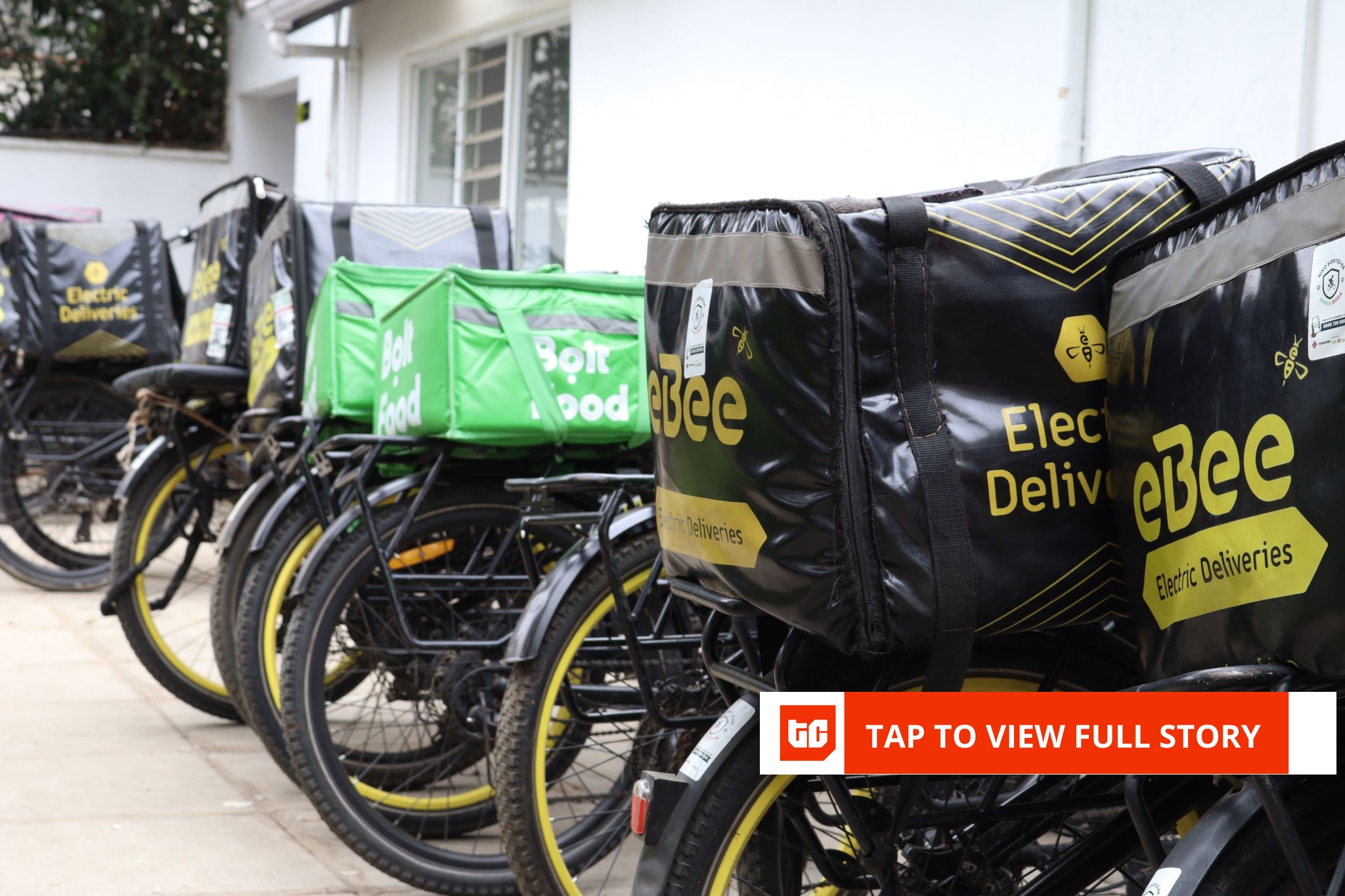It’s been a rough year for Kenya’s eBee Africa. From the sudden exit of its CEO and co-founder in March 2025, to a wounding tax dispute with the Kenya Revenue Authority (KRA) over the classification of imported electric bicycles a month later.
The latest? Mass layoffs across all departments. By July, most of the employees who survived the swinging axe left on their own, leaving the company running on a skeleton crew.
Why the job cuts? eBee blamed falling revenues, high operating costs, and the unsustainable nature of employee wages. The company also said it was restructuring its business model to adopt a leaner operation structure.
It wasn’t always this way. When eBee entered the Kenyan market, it became the poster child for Kenya’s green mobility future. It rolled out fleets with Jumia, Glovo, and Bolt, expanded to Uganda and Rwanda by mid-2024, and even promised to put a million electric bicycles on African roads by 2030. For a while, it looked like the dream was catching on.
Why it matters: Kenya’s e-mobility sector is at a crossroads. Riders with limited purchasing power are opting for cheaper, second-hand motorbikes, leaving higher-priced electric bicycles struggling to find a market.
Although eBee says it remains operational, if adoption crumbles under the weight of cost and demand barriers, electric mobility options risk stalling before they ever get into gear.









